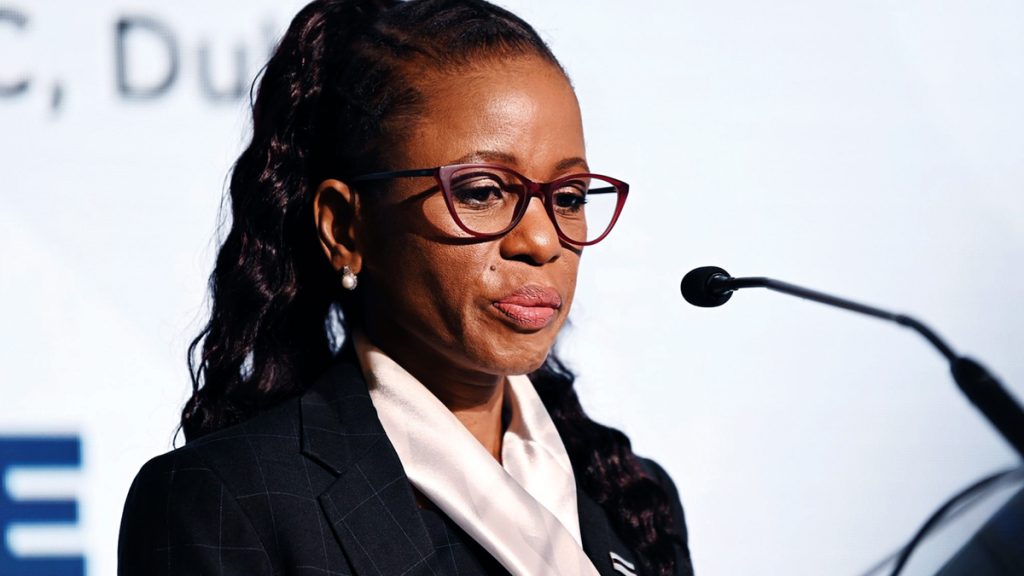… With July inflation rate the highest since December 2008
TSAONE SEGAETSHO
editors@thepatriot.co.bw
While government last month moved with interventions which attempted to ease the high cost of living or the ever soaring prices of commodities, something which is estimated to have cost government close to P2 billion, consumers and retailers are at the end of a prices war now.
This week inflation rose from 12.7 percent in June to 14.3 percent in July 2022. This is the highest value since December 2008 (13.7 percent), remaining above the central bank’s medium-term objective range of 3 – 6 percent, and significantly higher than the 8.9 percent in July 2021.
The government interventions in July came at the backdrop of inflation skyrocketing at 12.7 percent, a nudge up from the May 11.9 percent. The July inflation is the highest since January of 2009, the year of the Great Recession. The Russia-Ukraine war and Covid-19 after effects is affecting global energy prices as the Pula continues to erode against the US Dollar.
Minister of Finance and Development Planning Peggy Serame attempted the problem of food prices and ripple effects that comes with the ever increasing fuel prices. But consumers do not feel any touch of change. Cooking oil at some retailers either increases slightly or is still high to afford to some poor households.
Some of the measures announced by Serame aimed at cushioning households from impact of current challenging economic situation, apart from decrease in VAT, include fuel and cooking oil tax removed for a period of 6 months, students allowance to be increased to P1940 and Botswana Meat Commission (BMC) to be loaned to pay farmers.
The consumer cry has been heard and going against retailers. In an interview with Patriot Business day, consumer watchdog Richard Harriman put on an objective posture.
“Retailers have no choice about the rate of VAT they apply to our goods, it’s the law. The Minister took a decision, it’s been gazetted and it’s not negotiable. Any retailer that refuses to comply deserves to be prosecuted and public shamed. However, monitoring prices is a very difficult task. Even if the VAT goes down, the price the retailer pays to buy the item might have gone up at the same time. It’s obviously very difficult for consumers to see this. The challenge is that the after effects of Covid and the Russian invasion of Ukraine have massively destabilised supply chains and many input prices have sky-rocketed as a result,” said Harriman.
On prices mischief, Harriman said consumers should take power into their hands and be whistle-blowers, issue complaints and alert any manipulation of prices. He said government would not be everywhere to monitor illegalities.
On price control Harriman said that aspect does not work and the best approach is consumer solidarity. He advises that consumers should shop collectively as families, friends and neighbours, share information about bargains and best prices and trim spending.
“The solution to this situation is not price control or the regulation of prices that has never worked or benefitted consumers. If a store can’t afford to sell something because they price set by Government is too low, they will simply stop selling it and nobody benefits from that,” said Harriman.
Harriman said sometimes retailers are just committing “honest mistakes” in pricing. But consumers should not let retailers to get away with abusive antics and should report them to authorities.
On VAT reductions Harriman said the reductions are small in most cases and obviously higher with cooking oil and LPG.
“But my fear is that rising input costs, the prices retailers pay to buy goods they later sell to us, are increasing faster than the reduction in VAT. Every little reduction helps but it is not a miracle cure,” said Harriman.
